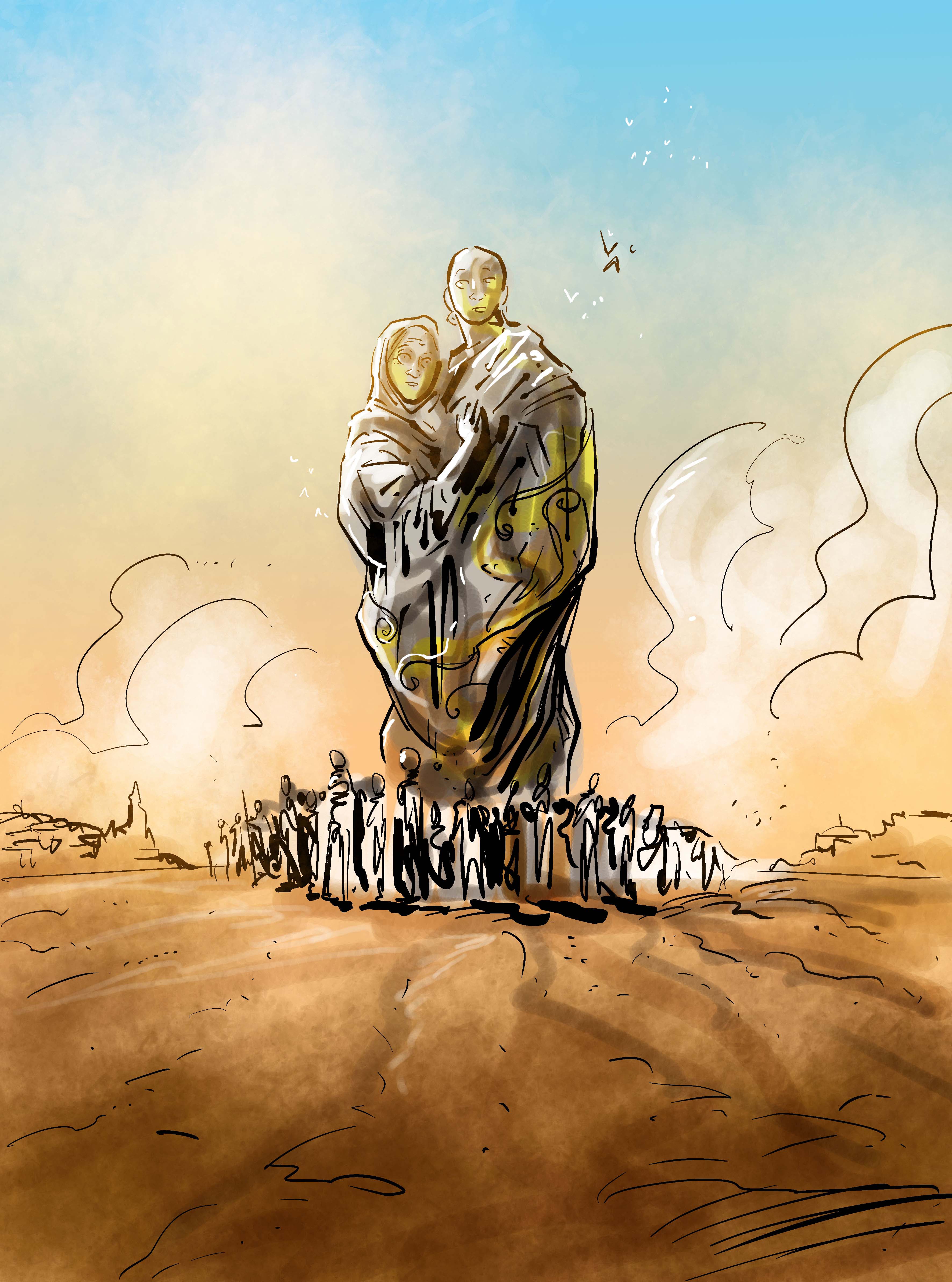
Imperium: Horizons is out next week! But first it's time for our penultimate civilisation spotlight, the Wagadou...
Today on the blog we are featuring our last Trader civilisation: the Wagadou Empire, located in modern day Mauritania and Mali. The origins of this ancient West African civilisation are unclear; it is mentioned in written records from 830 CE but certainly existed well before that date, probably from the third century, or even earlier.
Their civilisation rose up on the banks of the Niger River, spreading north. They became a major power in the region when the trans-Saharan trade routes allowed them to export gold to the Mediterranean and Arabia that they found in and around the river valley. So, appropriately for this mercantile approach, the rules for clean-up are changed when you play the Wagadou: just as for the Carthaginians from Imperium: Classics, you’ll be adding Material to the market rather than Progress.
You’ll want to get started trading immediately, first with the Trans-Saharan Trade Route, which intersects nicely with your end of turn placement of Material onto a market card. After that, if you are up for buying even more cards with your riches, you’ll want to use your Gold Merchants too. The Berber Traders and the Salt Merchants will make trading and card acquisition even more profitable for you. Even your “prosperity card”, Golden Prosperity, encourages you to have Trade Routes and Merchants in play. You shouldn’t find the Material costs for increasing your population too much of a problem.
Dinga Cissé is a great way to get another Trade Route, or maybe you’d rather pick up a city. The options are thematically appropriate: he was the legendary founder of the capital of the empire, Koumbi Saleh (which itself appears as your Accession card). Your access to Fame is a little different: you should keep an eye on the market for fertile and river Regions (since as the Sahara grows southwards over the centuries, you don’t have a good access to these icons), and keep a stockpile of Goods to play your Pride. However, gaining Regions will take a little bit of effort, as you do not have a conquer card, so expect to place Material on Region cards with this in mind. Once you become an Empire, you may still wish to collect Material to maximise your Great Wealth, or you may be eyeing your power card’s scoring condition.
This deck takes a fairly long time to get to its Accession card, so your developments are all expected to immediately help, build and score for your cities, or be totally Controlling the Trade, scoring for each trading opportunity. And, as your empire grows to the world stage, the foreign influence of Islam arrives with the Arab traders, which you can choose to embrace by Adoption of Islam to build the magnificent Great Mosque of Djenne, managing your Unrest.
Find previous civilisation spotlights for the Japanese, Taíno, Mayans, Inuit,
Magyars, Polynesians, Cultists, Abbasids, Guptas, Aksumites, Tang and Sassanids.
High res versions of all teased cards are available on the the game's
BoardGameGeek page under the images section.
Imperium: Horizons is out next week. Pre-order now.





Comments
You must be logged in to comment on this post. Click here to log in.
Submit your comment